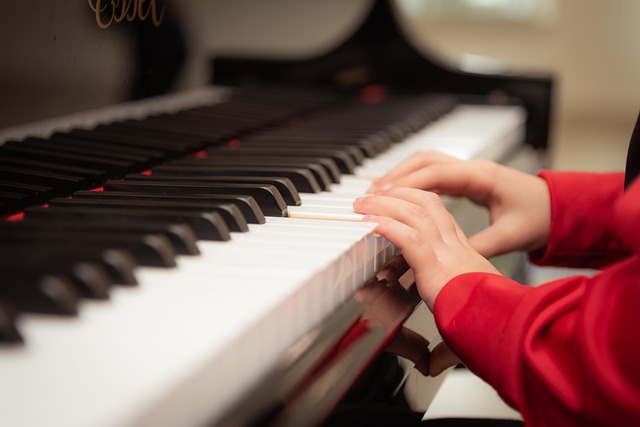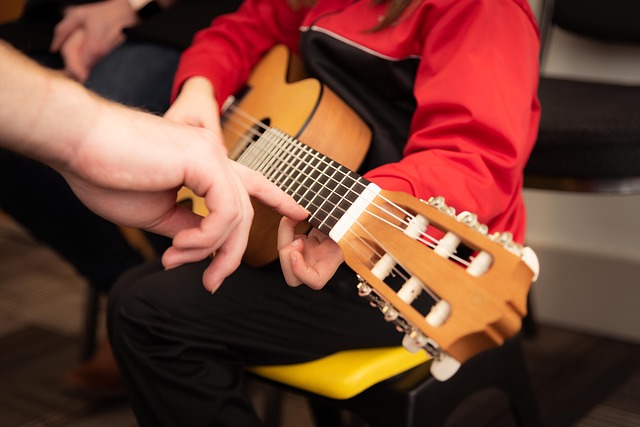Choosing a musical instrument for your child can be a daunting task. There are so many instruments out there to choose from, and each one has its unique sound and learning curve. This article will go over some of the things you should consider before making your decision on which instrument is best for them.

Consider your child’s interests
One of the primary things you should consider when choosing a musical instrument for your child is their interests. If they’re into rock music, then buying them a drum set would be a better option than getting them a violin. Once you have a general idea of the types of music they’re interested in, do some research on which instruments would be best suited for that style.
For instance, if they like country music, then a guitar or banjo might be better options than a drum set. In terms of the former, if your child prefers to learn to play string instruments, you may want to consider a guitar or ukulele over a brass or woodwind instrument. The key is that you should find an instrument that your child will be interested in learning and playing.
Think about your child’s age and ability level
Another important factor to consider is your child’s age and ability level. If they’re just starting, you’ll want to choose an instrument that is relatively easy to learn, such as a recorder or flute. You’ll also want to choose an instrument that’s relatively small and lightweight, like a recorder, so they won’t get discouraged when learning how to play. This way, they can focus on the basics first and then move on to more complex instruments as they get older and their ability level increases.
On the other hand, if your child is a bit more experienced or has been playing an instrument for a while, you might want to consider something a little more challenging for their age level, like a guitar or piano. These instruments can take some time to learn, but the payoff is worth it in terms of developing a child’s musical skills. This means that you shouldn’t be afraid to choose a more complex instrument, as they’ll most likely have the ability and desire to learn it. In terms of what specific type of instrument you should get for them from this point on is largely dependent on their age level and size.
Look at the size of the instrument
Another thing you’ll want to take into account is the size of the instrument. If you have a small living space, then you’ll want to choose an instrument that’s relatively small in size, like a ukulele or guitar. Conversely, if your child has plenty of room to practice and store their instrument, then they might be interested in something larger like a drum set or cello.
Research the different types of musical instruments available
There are so many different kinds of musical instruments out there today, each with its unique sound. Some examples include stringed instruments such as pianos or guitars, woodwind instruments such as flutes and clarinets, brass instruments like trumpets and trombones, percussion instruments like drums and maracas, and keyboard-based instruments such as pianos and organs. The best thing you can do is to research the different types of musical instruments available so that you’ll know what’s out there before making your decision.
Once you’ve considered all of these factors, it’s time to start shopping around for the best musical instrument for your child. Don’t be afraid to ask other parents or music teachers for their recommendations on what instrument would be best suited for your child’s interests and abilities. With a little bit of research and patience, you’ll be able to find the perfect musical instrument for your child.
Figure out the cost of the instrument
Finally, you’ll want to think about how much money you’re willing to spend on your child’s new instrument. If you’re on a tight budget, then there are plenty of affordable options out there, like a ukulele or guitar. However, if you have a little extra money to spend, then you might want to consider a more expensive instrument like a piano or drum set. The most important thing is that your child has fun learning how to play their new instrument and enjoys making music.

The bottom line is that there’s no one-size-fits-all answer when it comes to choosing a musical instrument for your child. Every child is different, and each one will learn at their own pace. Just make sure to take into account your child’s interests, age, and ability level before making your final decision. With the right instrument, your child will be on their way to becoming the next big musical prodigy.










